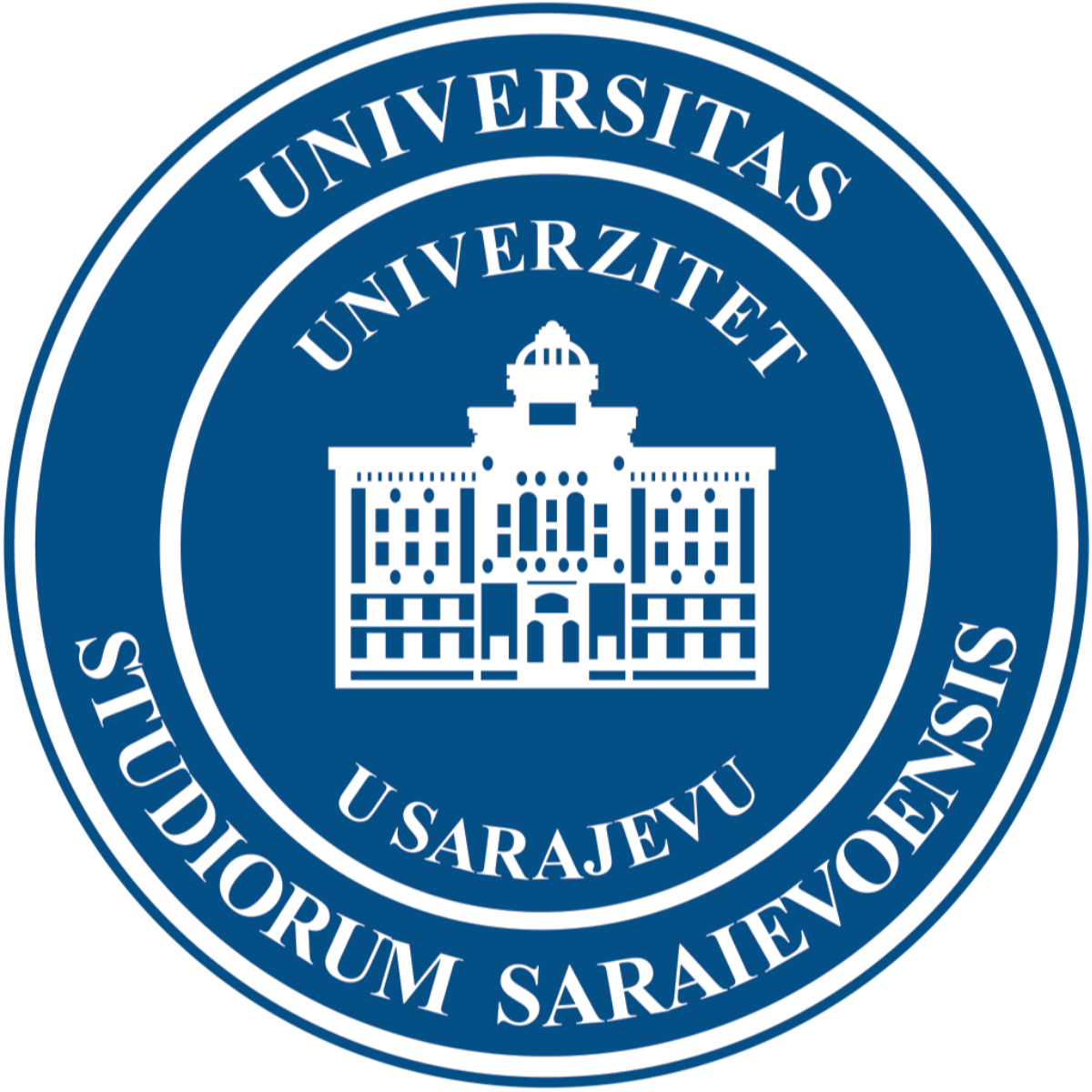Bachelor of Science in Electrical Engineering
Student enrollment and admission
Automation and electronics
Study plan and program
Electric power
Study plan and program
Computing and informatics
Study plan and program from 2014/2015
Study plan and program until 2014/2015
Telecommunications
Study plan and program
Data Science and Artificial Intelligence (DSAI)
Title of the title obtained upon completion of studies: Bachelor / Bachelor - Electrical Engineer, Department of Computer Science and Informatics
Main field of study: Computer Science and Informatics
Study cycle: First cycle of studies (Bachelor's degree)
Minimum number of acquired ECTS: 180
Official duration of the study program: Six semesters / Three years
Enrollment requirements: Completed high school lasting four years and entrance exam in mathematics
Mode of study: Full-time
Official working language: Bosnian / Croatian / Serbian
Accreditation: ASIIN, Euro-Inf®
Educational goals:
Bachelor / Bachelor - Electrical Engineer, Department of Computer Science and Informatics:
has fundamental knowledge of mathematics, physics, electrical engineering, electronics, programming, computer algorithms, computer architectures and operating systems needed by electrical engineers with a focus on applications in the field of computing and informatics
has a broad education in the field of computer science and software engineering with insight into current issues in these areas, which enables him to identify and solve engineering problems in computer science and informatics
has the skills necessary to work as a computer and informatics engineer in the analysis, design, implementation and maintenance of computer systems hardware and software for various purposes
possesses knowledge, skills and competencies that enable continuing education and lifelong learning
has appropriate communication skills, is ready to work in teams with people from the same or other fields, and has a responsibility to the profession and society as a whole
Learning outcomes:
Upon completion of the first cycle of studies, the student has the following knowledge, skills and competencies:
basic knowledge of mathematics, physics and electrical engineering, as well as deeper knowledge and understanding in the field of computer science
ability to analyze, identify and define requirements for relevant problems in the field of computer science and software engineering
ability to design and implement computer-based processes and components, including programming the necessary solutions
insight into the connection of computer science with electrical engineering and other engineering disciplines, as well as with mathematics and physics
good knowledge of the following areas of computer science and software engineering: discrete structures, programming and programming languages, computer algorithms and data structures, software engineering, computer architectures and computer networks, operating systems, computer graphics, intelligent systems, information systems
ability to select and apply appropriate engineering principles and mathematical and computer methods to problems in the field of computing and informatics
ability to identify, analyze and express problems in the field of computer science and software engineering that they did not encounter during schooling by applying acquired engineering knowledge, general knowledge of mathematics, physics and electrical engineering, and specialist knowledge of computer science and software engineering, with the help of relevant literature are trained to find
ability to design and conduct tests and experiments in the field of computer science and software engineering from which they can draw conclusions and test hypotheses
ability to analyze, design and implement components of computer systems (programs, databases, hardware subsystems, etc.) using appropriate methods and techniques taking into account scientific, technical, social, environmental and economic conditions and standards
knowledge of standards and understanding of the impact that computer systems, their operation and maintenance have on the environment
understanding the need and achieving constant monitoring of the development of computer systems and learning new principles, techniques and technologies in all the above areas
ability to work in various professional fields thanks to the acquired general, specialist and methodological competencies
ability to communicate with colleagues and the public on issues and problems related to all areas of computer science and informatics
ability of individual and team work, organizing and implementing projects
preparedness for industry or academy requirements when hired after graduation
Study plan and program:
You can view the curriculum of Computer Science and Informatics, which is current from the 2014/2015 academic year, at the following link.
You can view the curriculum for previous academic years at the following link.
